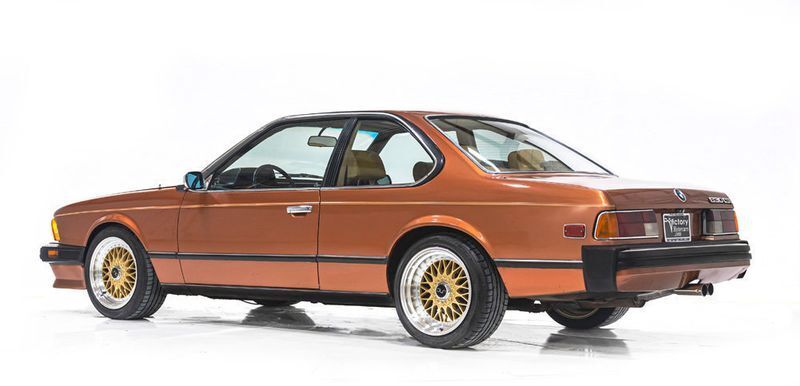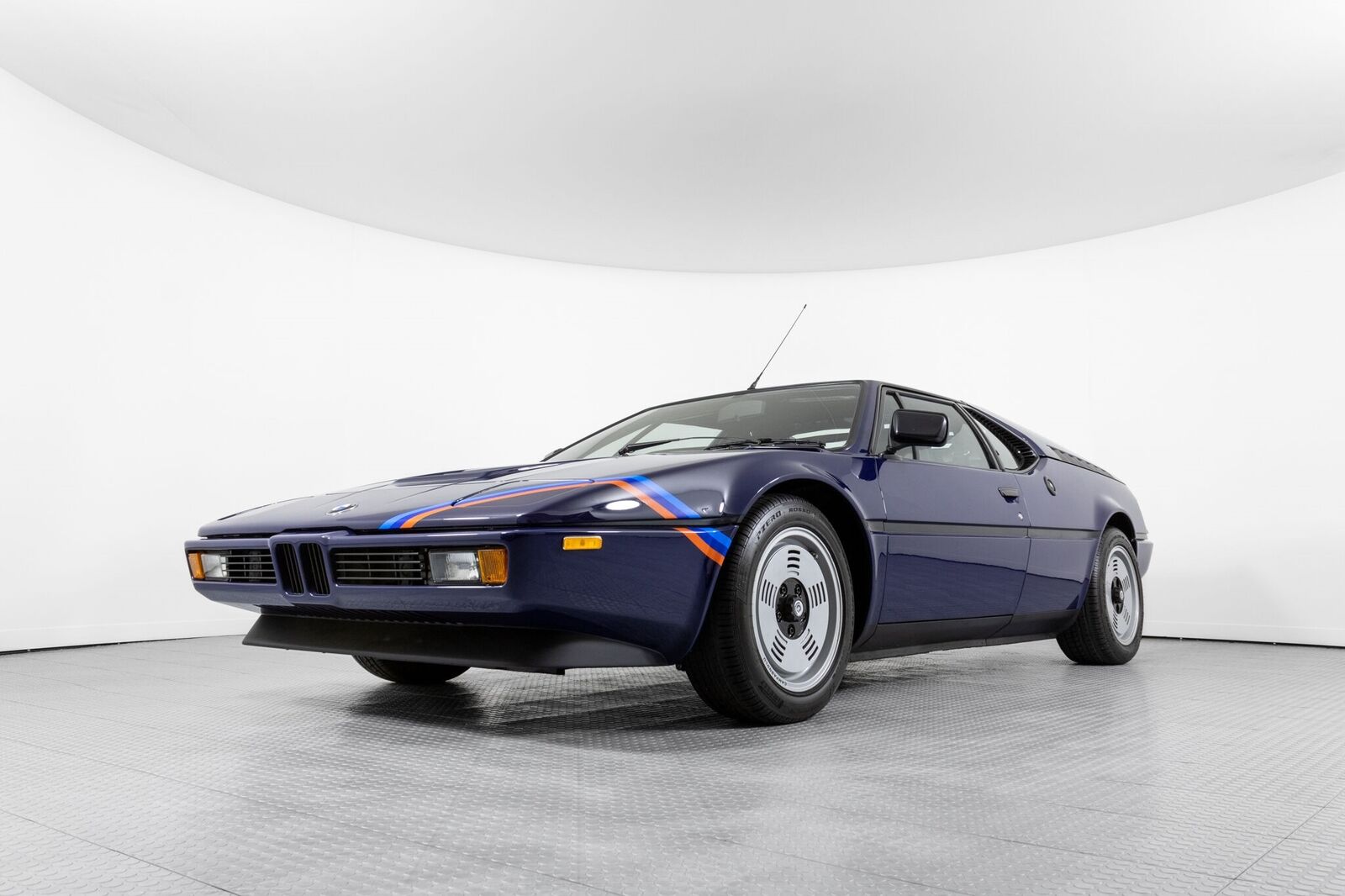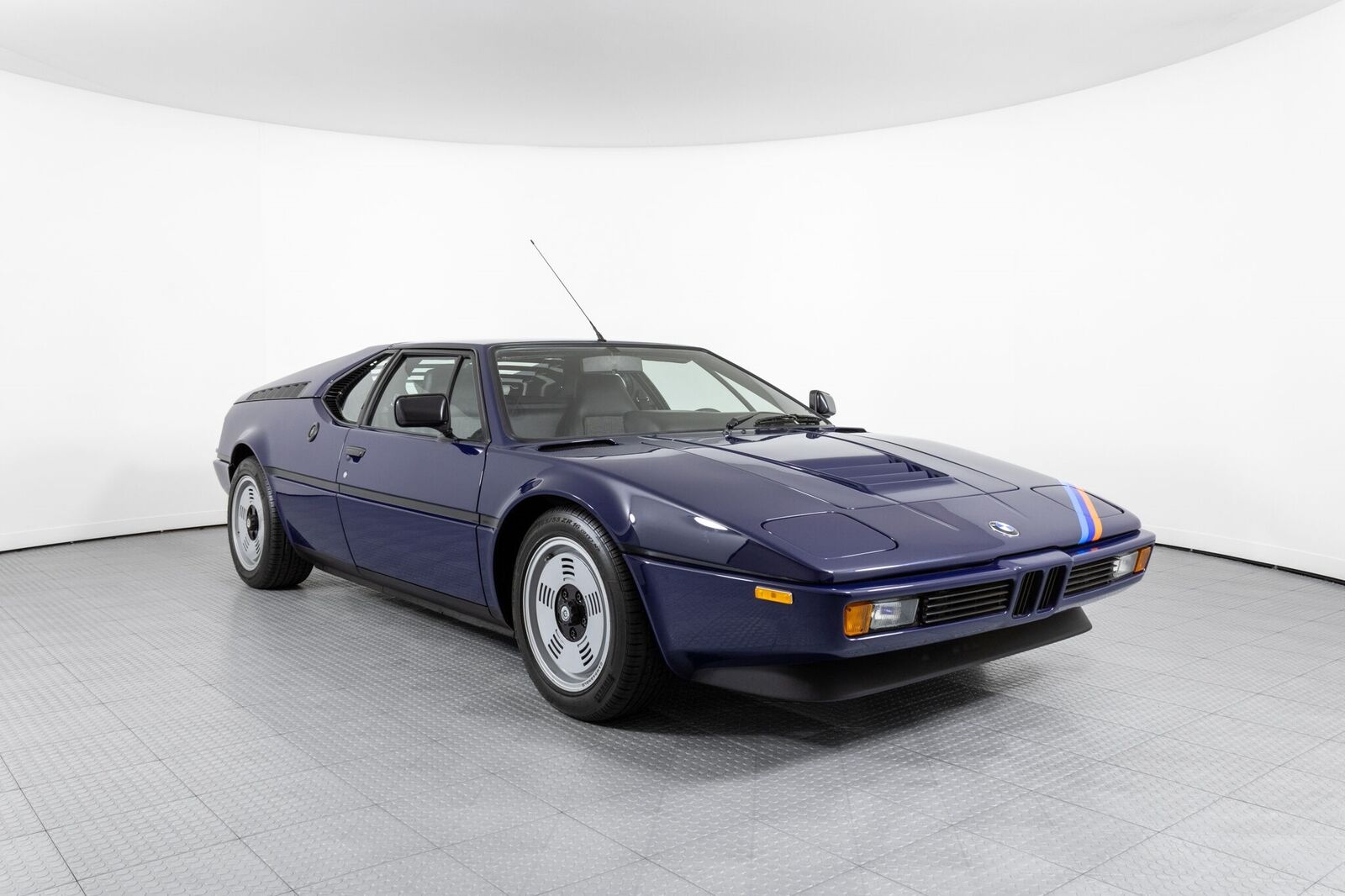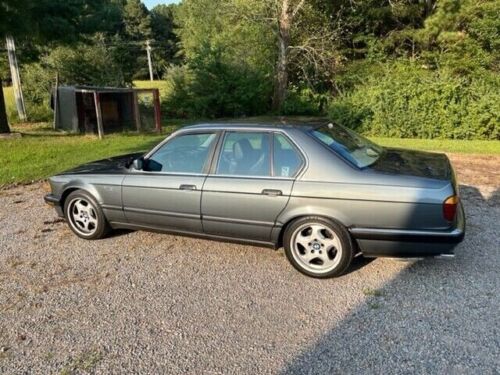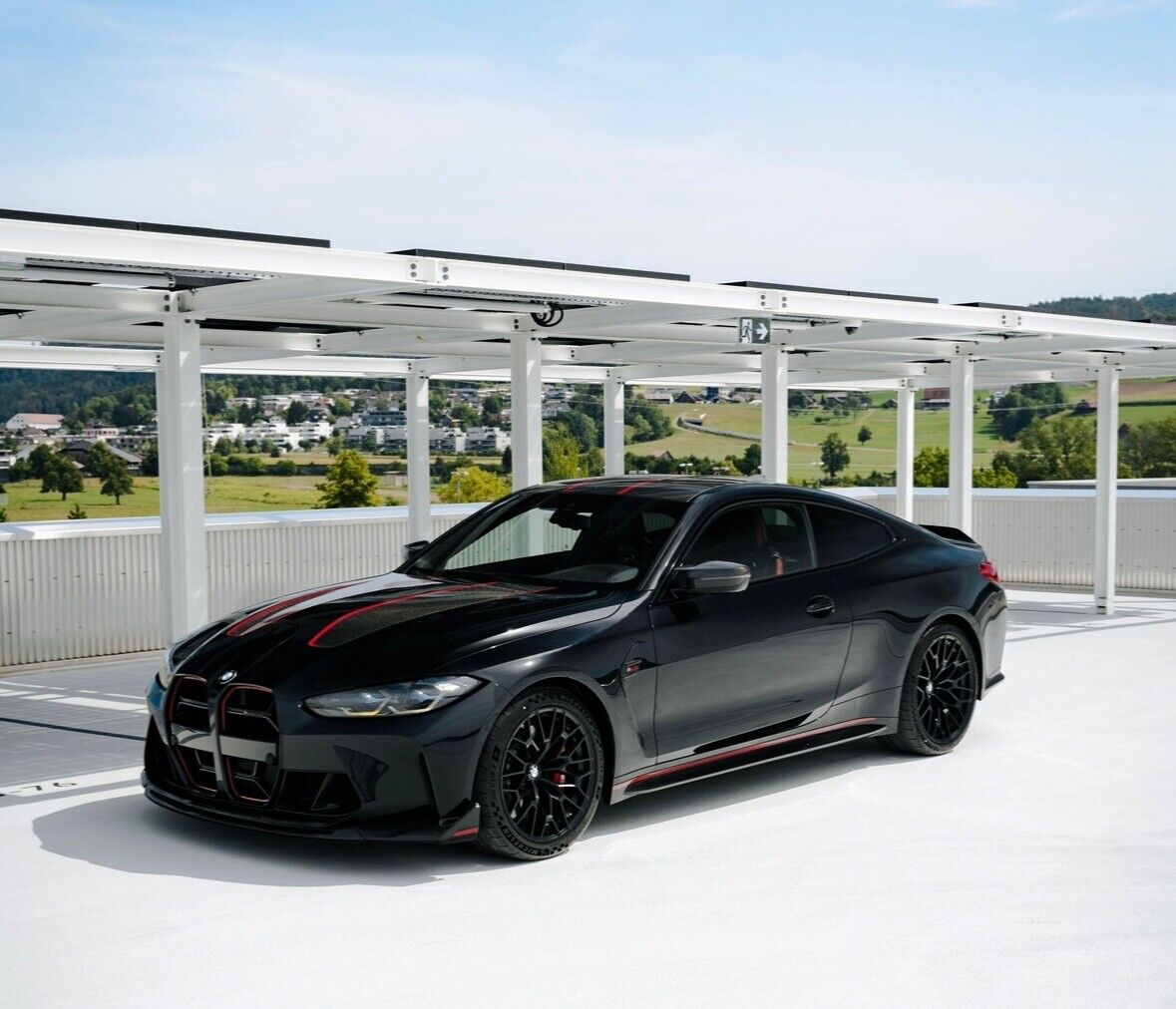A look back at the top 10 posts on our blog from the past year. What German enthusiast autos are you looking for in 2023?…
2 CommentsCategory: BMW
I give Audi a lot of credit for bringing the R8 to market. It took a fair amount of gall for a company best known for mid-range all-wheel drive luxury sedans to up and produce a supercar-beating mid-engine road car capable of being used year-round and every day. It’s a feat nearly without precedent. Of course, I said “nearlyâ€.
That’s because BMW pulled off a similar trick the best part of thirty years before Audi did it. And arguably the development of what would become BMW’s fledgling Motorsports division was even more impressive than what Ingolstadt pulled off. The M1 burst onto the scene at a time of economic austerity, global oil crises and came from a company who not only didn’t have a history of producing such cars, but didn’t have connections to others who did (unlike Audi’s corporate Lamborghini partnership).
Speaking of Lamborghini, because of BMW’s lack of expertise in supercar design it was the Sant’Agata firm that was employed to produce the M1. But because of Lamborghini’s lack of expertise at being…well, a company capable of producing something on a schedule, BMW engineers had to first liberate the early molds from Italy and then find someone who could produce the car. Ultimately, it was a combination of ItalDesign in Turin, Marchesi metal working in Modena to build the frames, and Karosserie Baur in Stuttgart that stuck the M1 together. Though it doesn’t exactly sound like a match made in heaven, and indeed the M1 was a relative sales flop, it has nonetheless grown to cult status as one of the most user-friendly supercars of the late 1970s:
CLICK FOR DETAILS: 1979 BMW M1 on eBay
Comments closedThe late 80s and early 90s was a great time to be a fan of German cars, as each manufacturer advanced in leaps and bounds. Volkswagen had the succession of 16V, supercharged, and then VR6 engines. Porsche launched the supercar 959 and beefed up the 911, 944 Turbo and then 968, and the 928 GTS. Mercedes-Benz had the audacity to replace the stalwart R107 with the R129, launched the W124, W201, and finally the W140 and generally remained the benchmark of the world. Audi’s success with the Quattro proliferated the model range, and the company that dared to be different ended the 80s with the wild quad-cam all-wheel drive V8 quattro and introduced the S and RS model ranges in the 90s.
BMW was not to be outdone. While the M brand had its roots in the 70s, it was really the 80s where they stretched their legs; the introduction of the definitive sports sedan and coupes of the M3, M5, and M6 still have repercussions today. But they weren’t about to let the go-to W126 and the upstart V8 quattro have all the large-executive limelight. The E23 had been an interesting alternative all along, and it was quite advanced in many ways. But it was its successor, the E32, that really took BMW to the world stage in the large executive market. And the top-tier model was nothing to sneeze at. Gone was turbo power, and in its place BMW sistered two of their M20 inline-sixes together on a common crank, creating the M70 – a 5.0-liter V12 with an aluminum block and the best part of 300 horsepower. This was 1987, mind you, and that was still a pretty big number. Complex, expensive, and not without fault, the 750iL generated a lot of headlines and more than a few headaches for the other brands and its owners. Only available as a long-wheelbase sedan in the US, the E32 750 was offered in short-wheelbase configuration in Europe – and it just so happens one is for sale right now in the US:
CLICK FOR DETAILS: Euro 1988 BMW 750i on eBay
1 CommentThe last few range-topping M3/4s have been a bit of a miss, frankly. The F82 M4 GTS was cool, as was the E92 M3 GTS. But are they as legendary as the E46 M3 CSL or the original E9 CSLs? The jury is still out, but BMW’s perhaps weighed in with the definitive answer; they’ve re-introduced the CSL moniker. What does that get you?
BMW takes an M4 Competition Package and dials it up pretty much everywhere. Carbon-fiber seats replace the factory power units, and you’re only allowed to carry one other on the ride – the rear seats are removed. Soundproofing materials are removed, too. The hood is carbon-reinforced plastic, and titanium bits are utilized in the suspension and exhaust system. Coupled with standard carbon-ceramic brakes and lightweight wheels, the CSL tips the scales some 300 lbs. under the standard M4 – not insignificant.
That alone would make it faster, but BMW didn’t stop there. The engine programming was revised and boost pressure increased; heavy-duty mounts were utilized to keep the engine from breaking free as you catapult the 543-horsepower S58 towards the horizon. 0-60 is gone in 3.6 seconds, and it tops out at an electronically limited 191 mph. But turning is what the CSL has always been about, and BMW M reworked the suspension tuning and added a huge brace in the engine bay, to boot. Also helping to keep it planted are numerous aerodynamic aides; a front splitter, hood vents, and an integrated ducktail spoiler – a la the E46.
There were only three colors available; Frozen Brooklyn Grey, Alpine White, or the Sapphire Black Metallic we see here. All have red exterior accents, yellow DRLs, and special interior accents. The price? Well, I hope you’re sitting down. The base M4 Comp rings in around 80k to start. The CSL? $140k. And they only made 1000 for the entire world, 300 of which are coming to the US market. As with all specials, you can imagine what this does to the current asking price…


